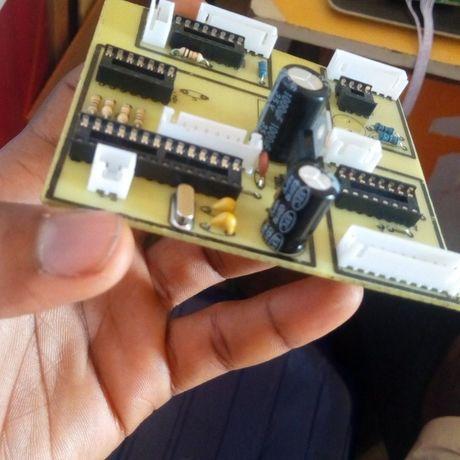Smart Irrigation System
- 0 Collaborators
A smart irrigation system uses sensors and controllers to optimize water usage based on real-time data from the soil and weather. These systems can be managed remotely and integrate with local weather forecasts. ...learn more
Project status: Under Development
Overview / Usage
A smart irrigation system uses sensors to determine watering needs and controllers to manage schedules. It integrates with IoT frameworks and cloud platforms for data processing, often adjusting based on weather forecasts. The system enhances water efficiency, promotes plant health, and offers savings and convenience. However, initial setup costs and maintenance are challenges. It relies on standards like IEEE 802.15.4 and uses machine learning for optimization.
Methodology / Approach
eSmart irrigation systems utilize IoT frameworks like Arduino and Raspberry Pi for device control, and cloud platforms like AWS IoT for data handling. Communication often uses MQTT. Key standards include IEEE 802.15.4 for wireless networks, OPC UA for industrial communication, and 6LoWPAN for low-power devices, with cybersecurity standards for protection. Techniques involve machine learning for predictive analysis, data analytics for optimizing schedules, remote sensing for monitoring conditions, and edge computing for faster data processing. The choices among these depend on the system's scale and specific requirements.






